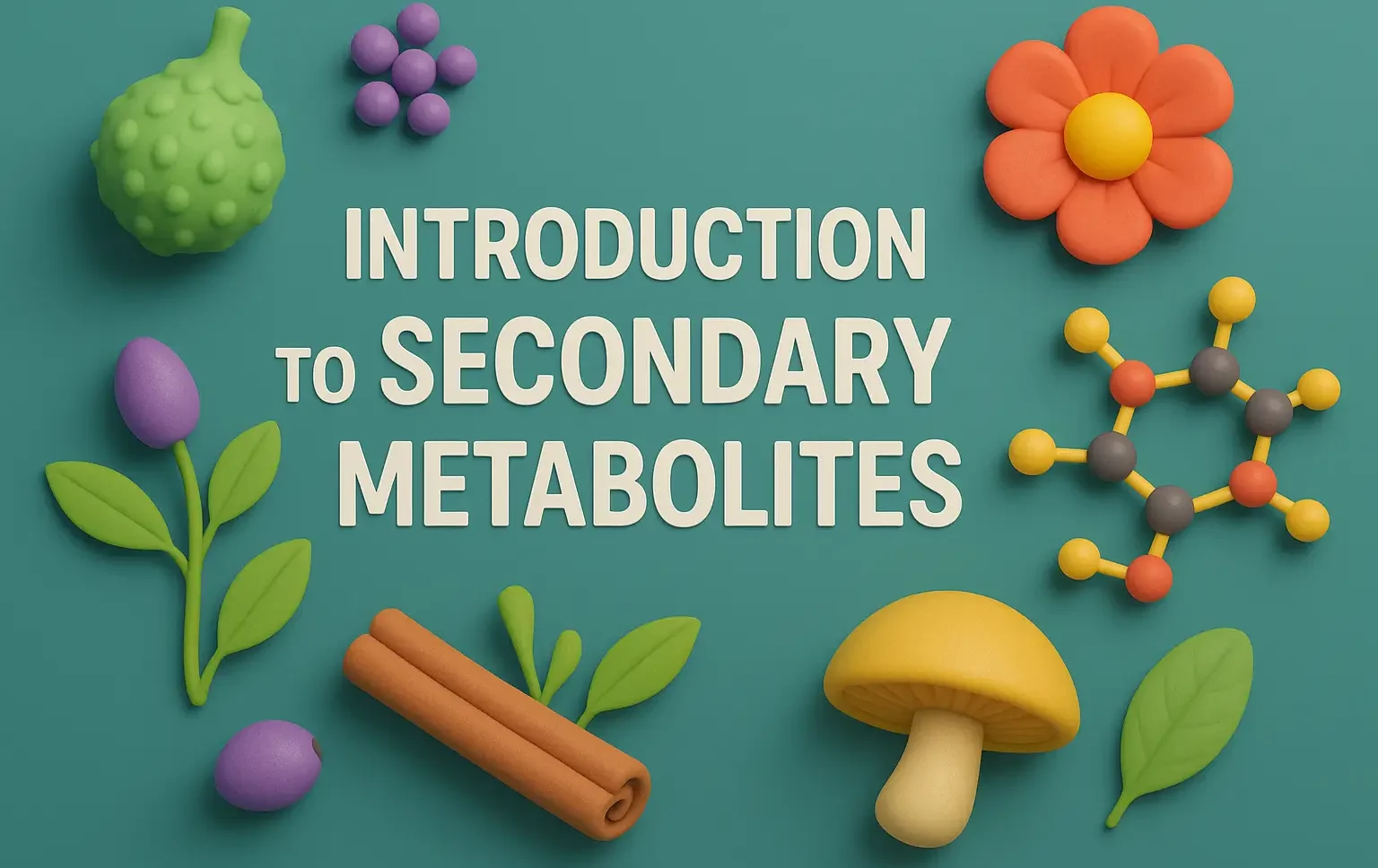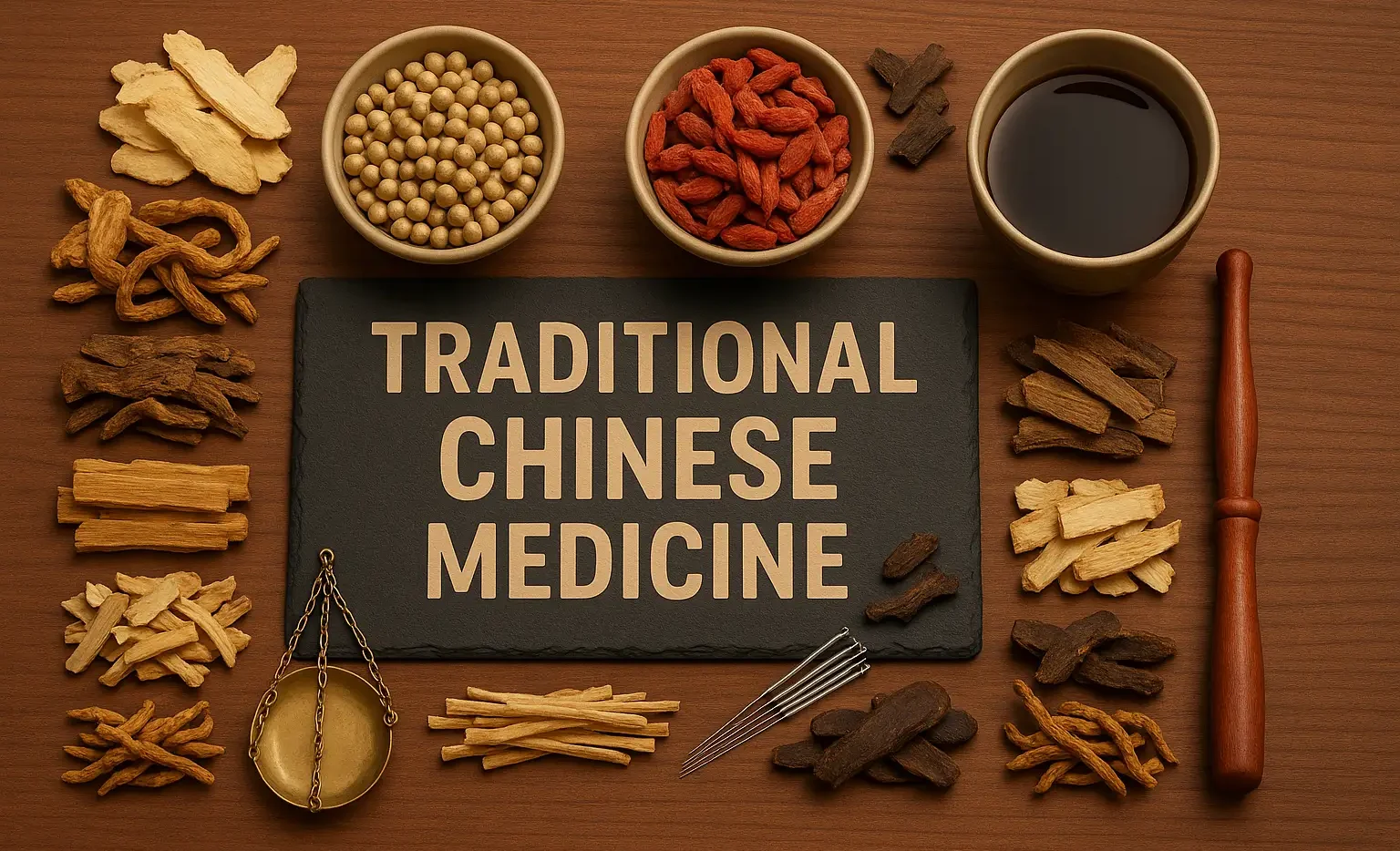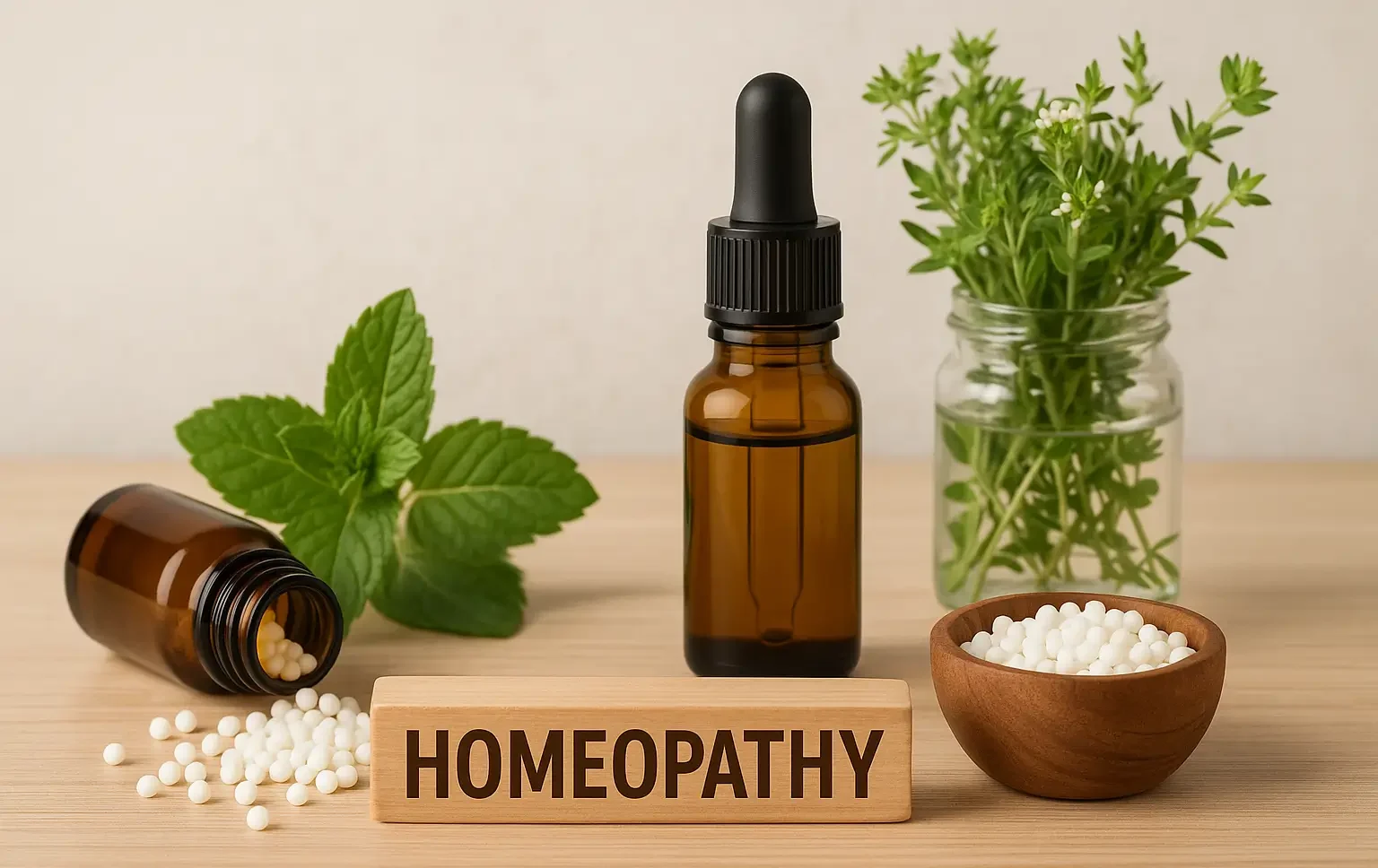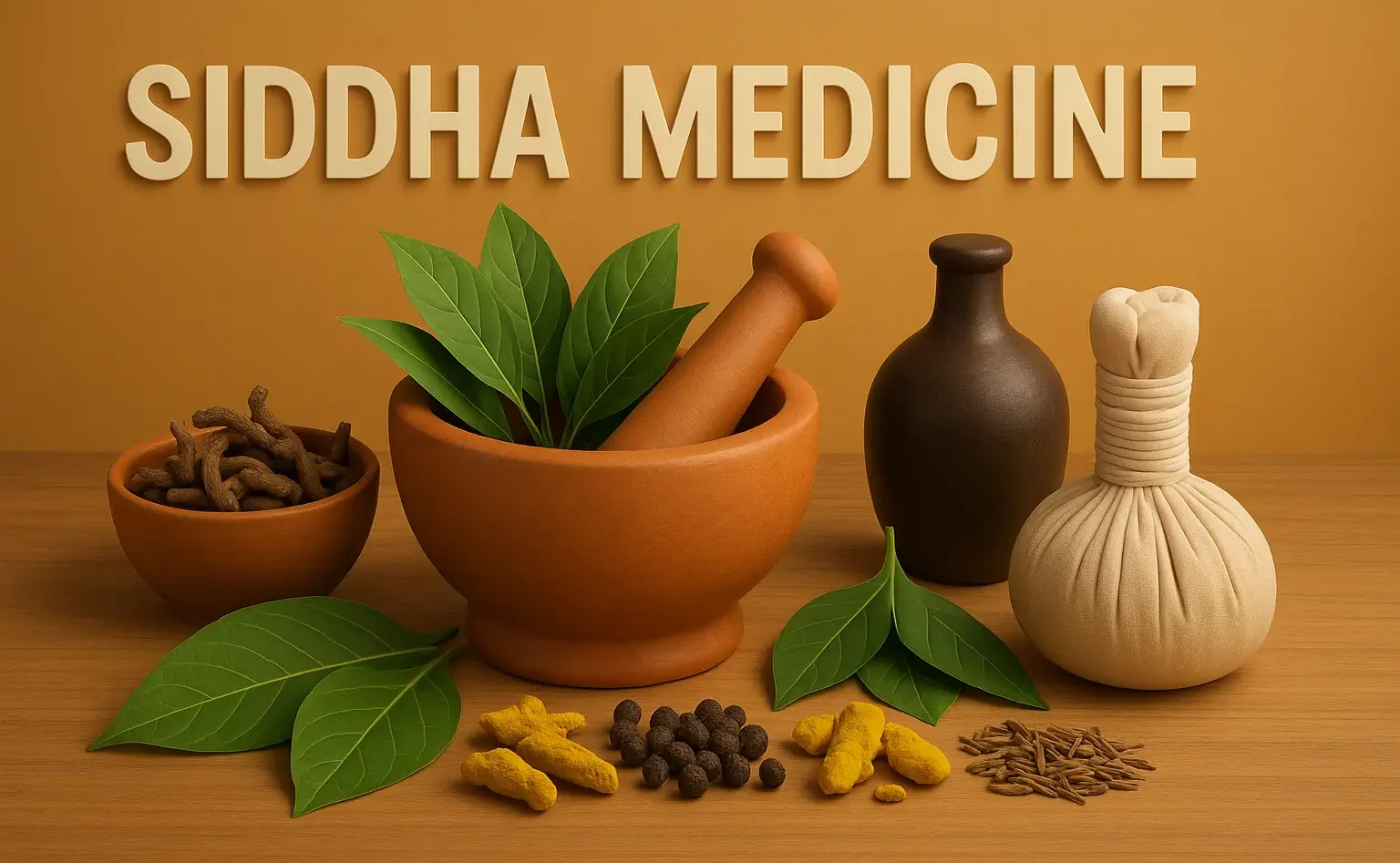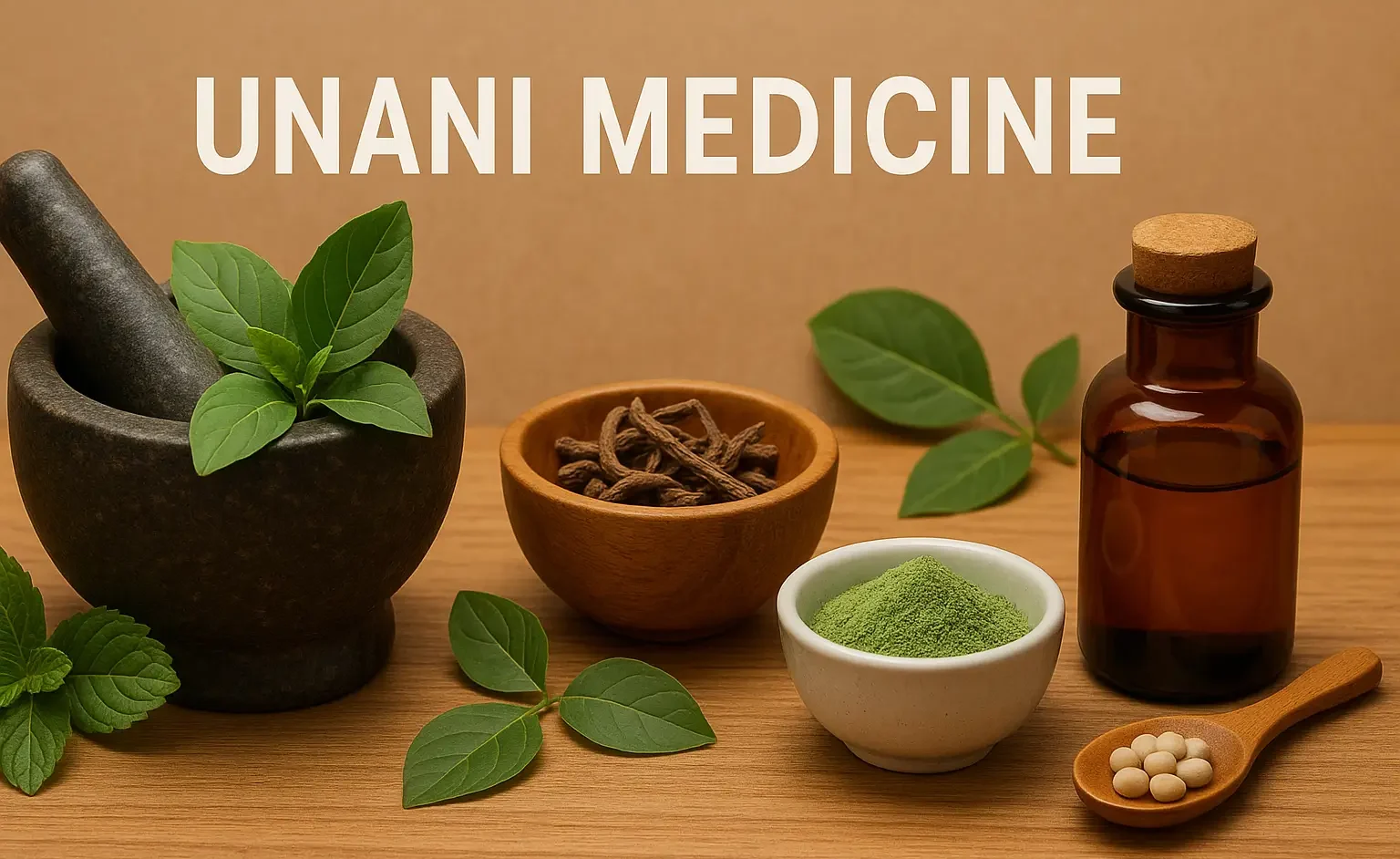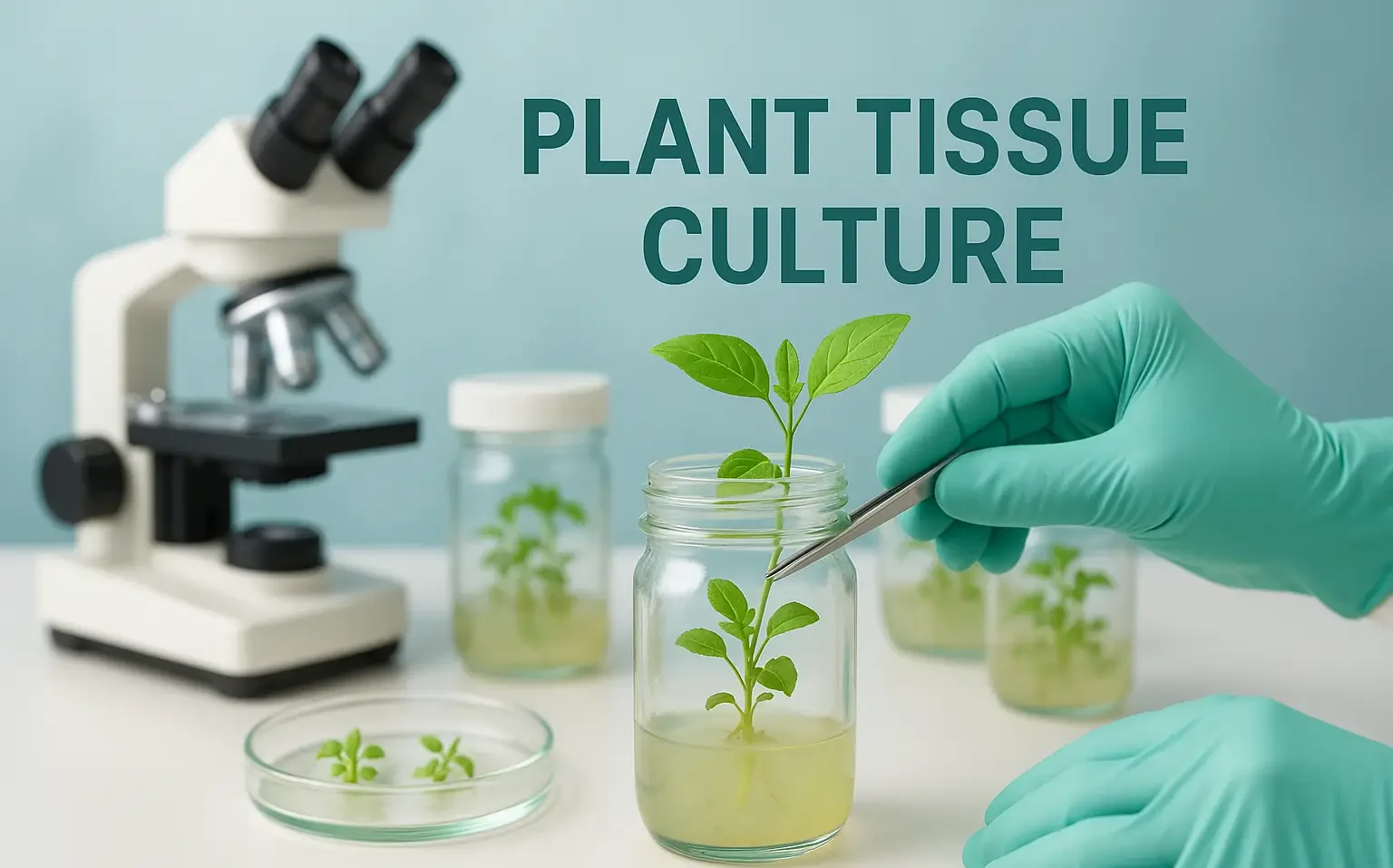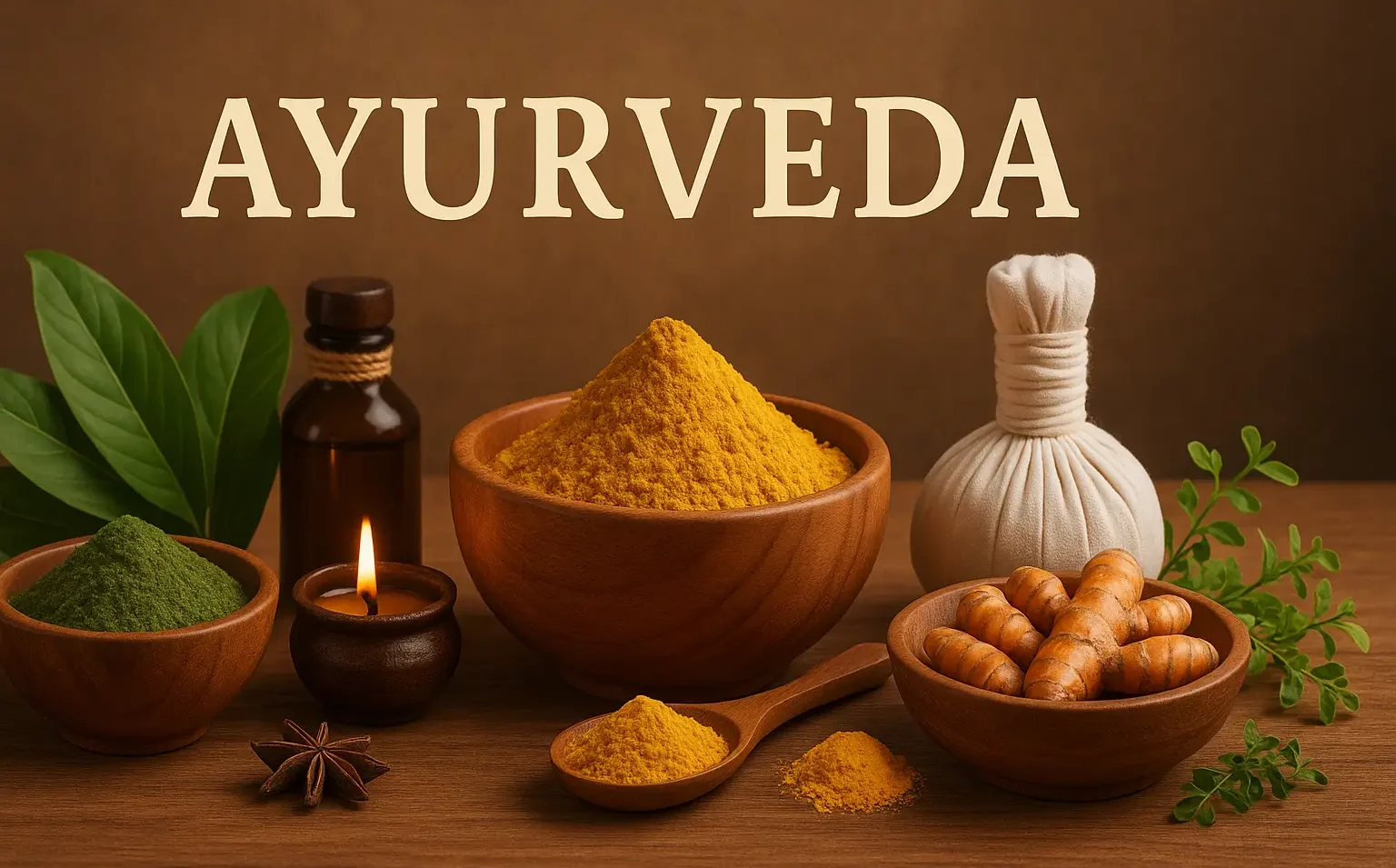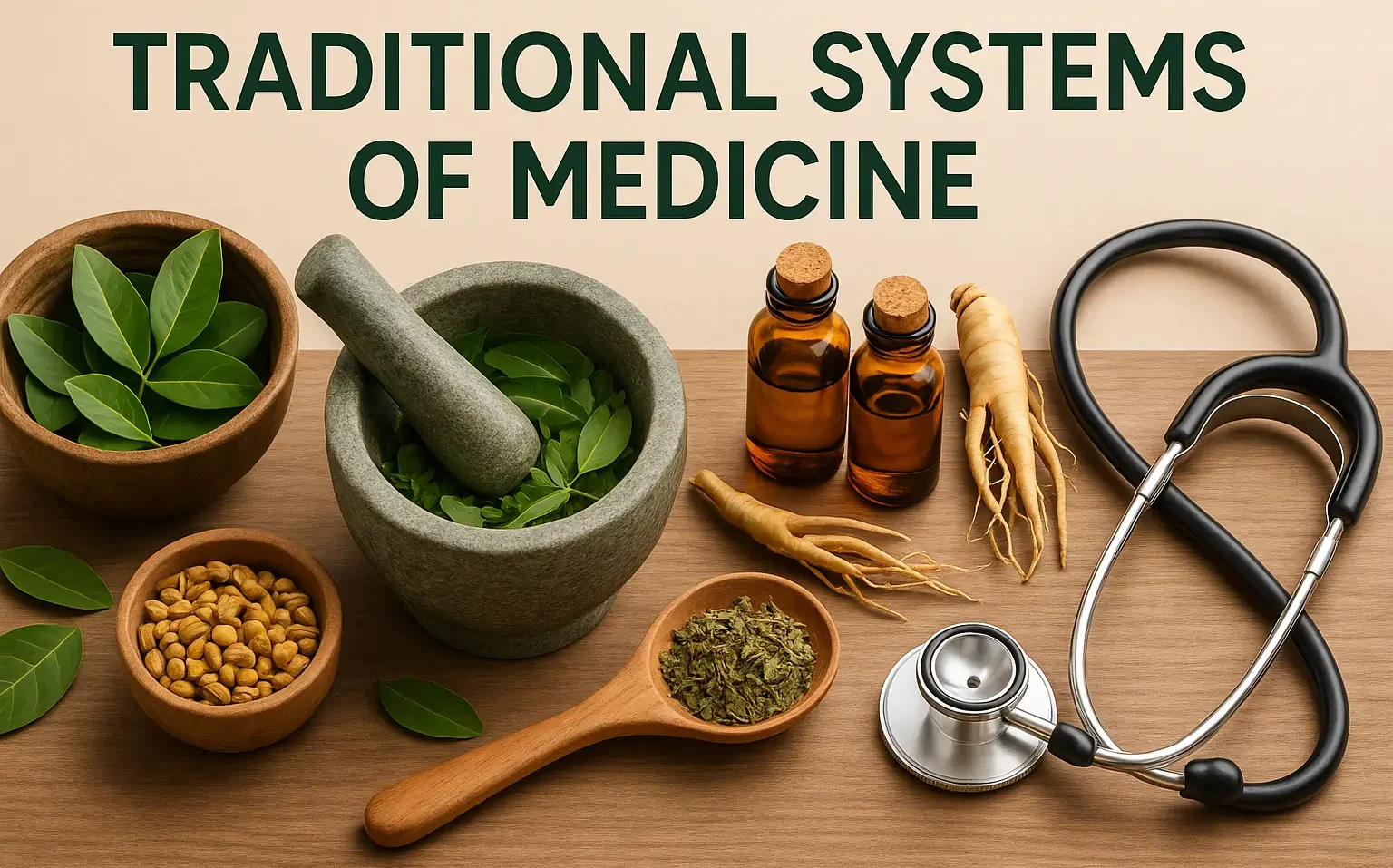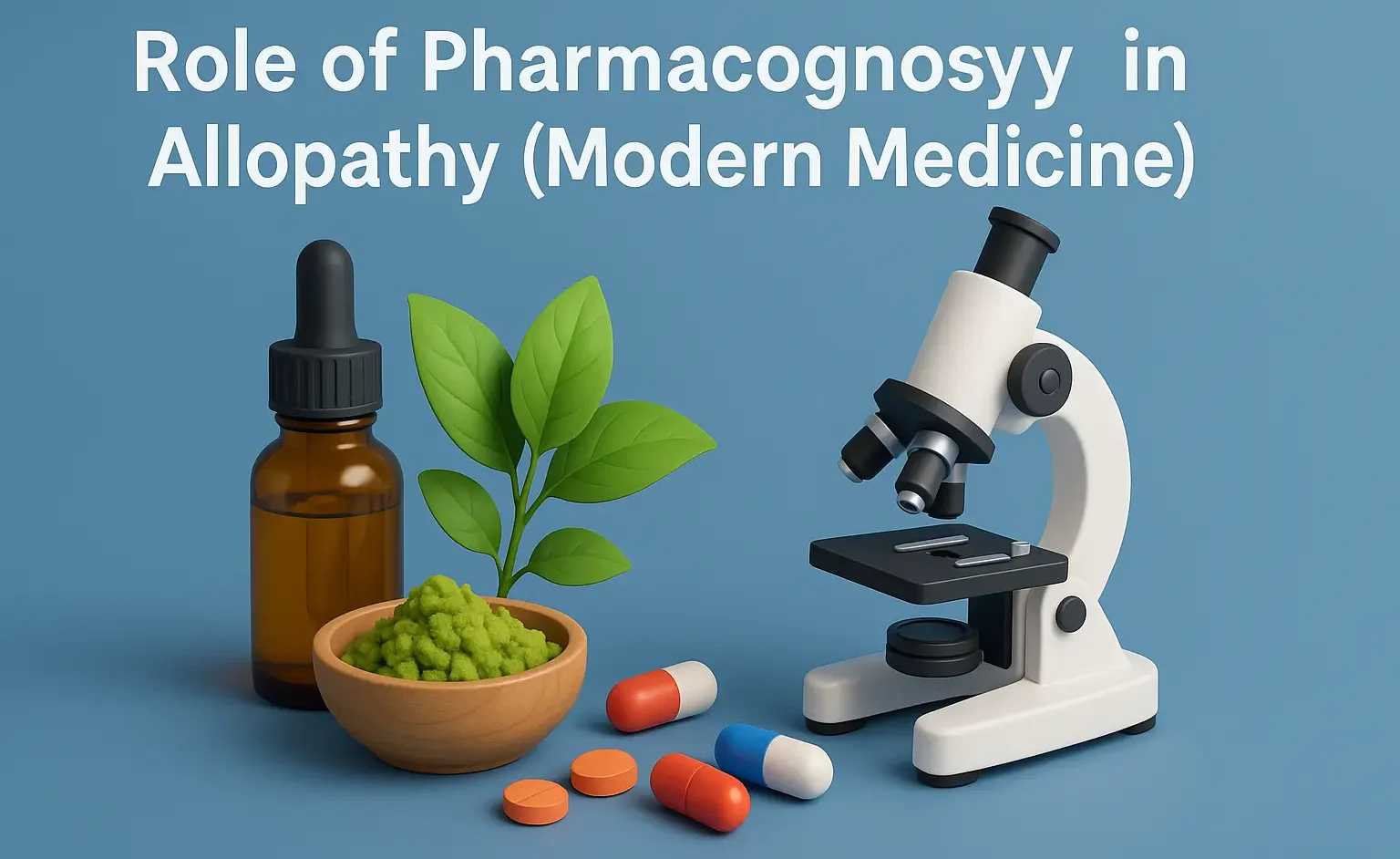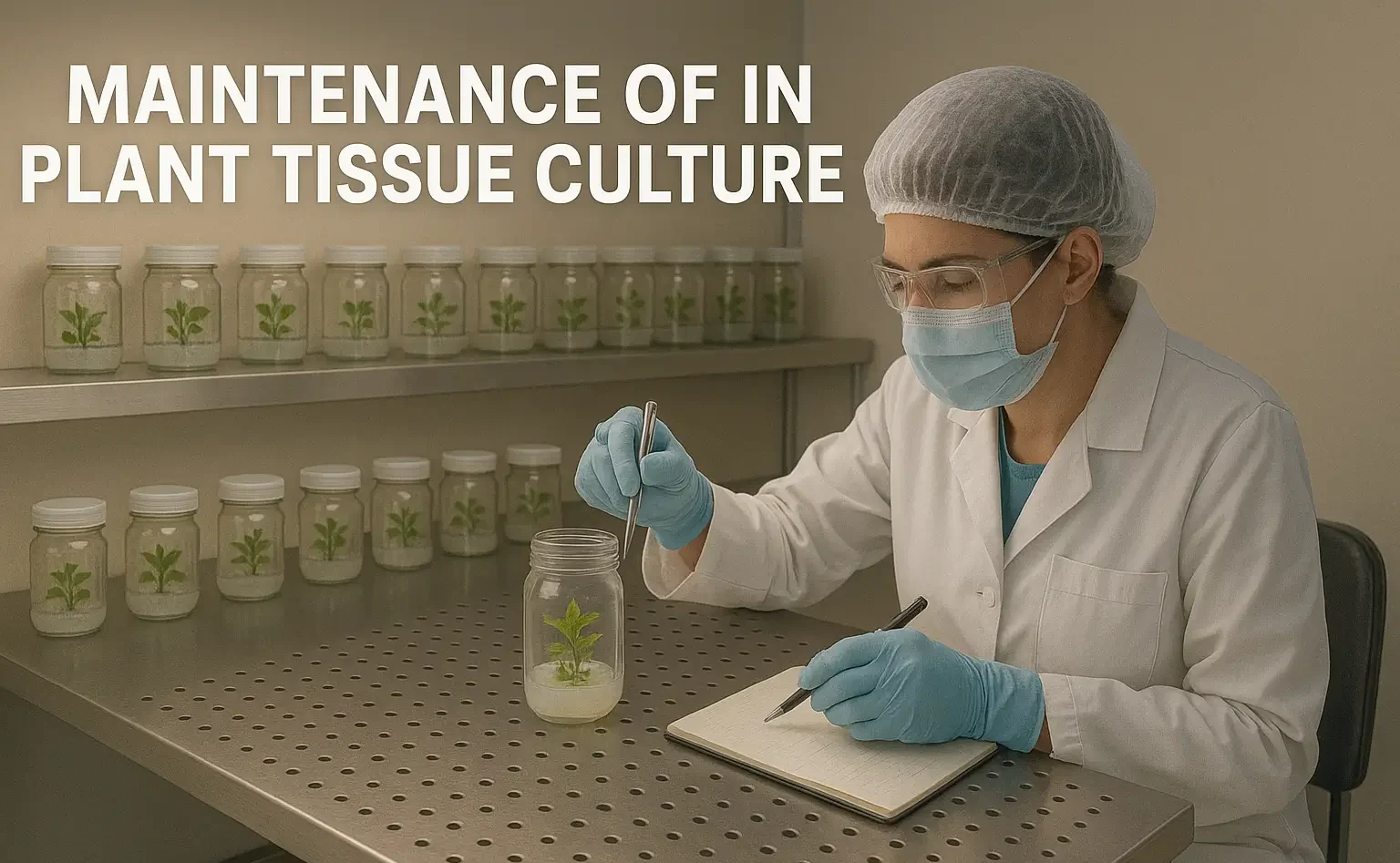Introduction to Secondary Metabolites
Introduction to Secondary Metabolites R highlights their ecological role and medicinal, industrial applications. Introduction to Secondary Metabolites R also explains plant-derived compounds like alkaloids, terpenoids, and flavonoids. Definition: Secondary metabolites are organic compounds produced by plants, fungi, bacteria, and other microorganisms that are not directly involved in growth, development, or reproduction but play a crucial … Read more

